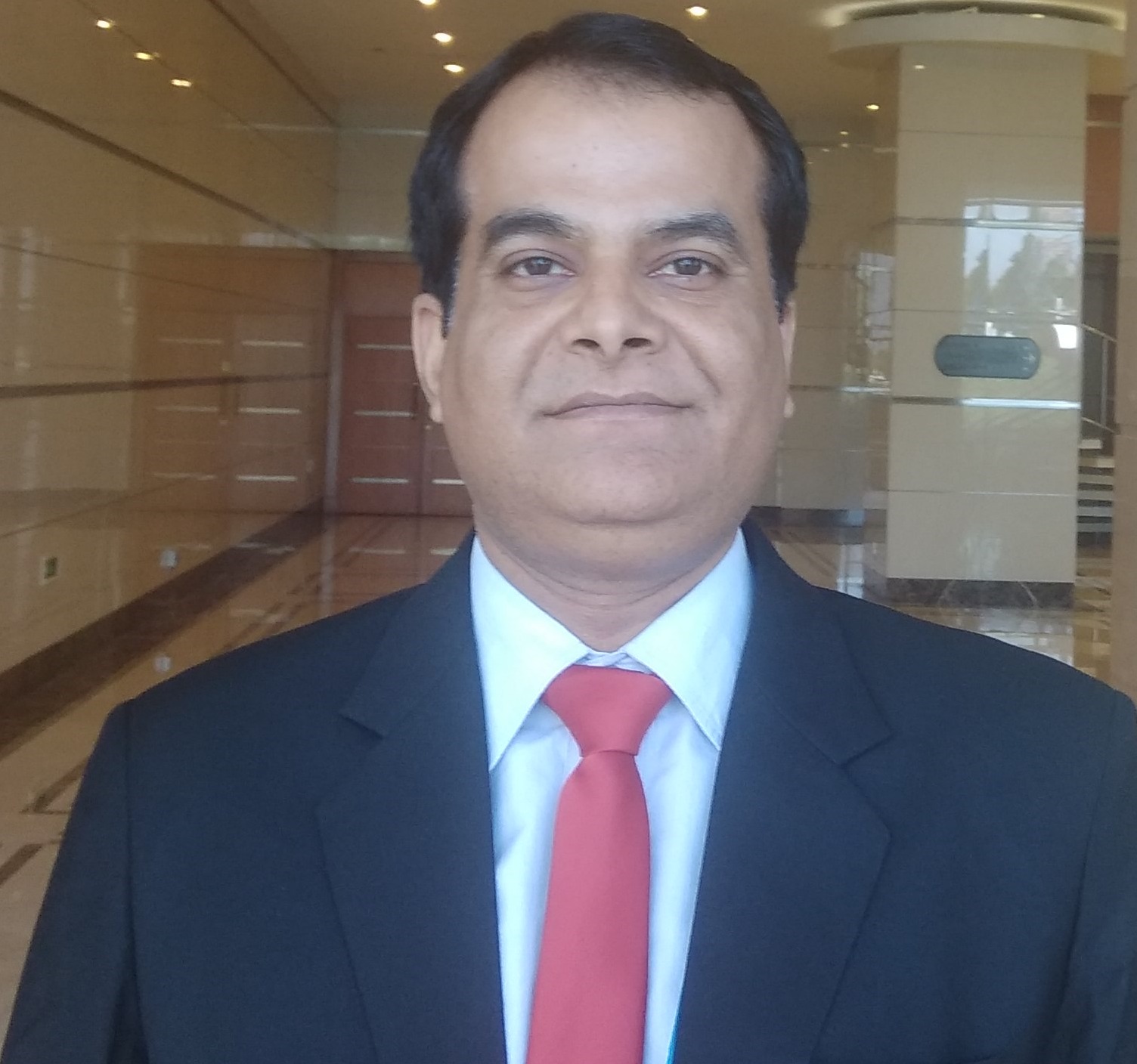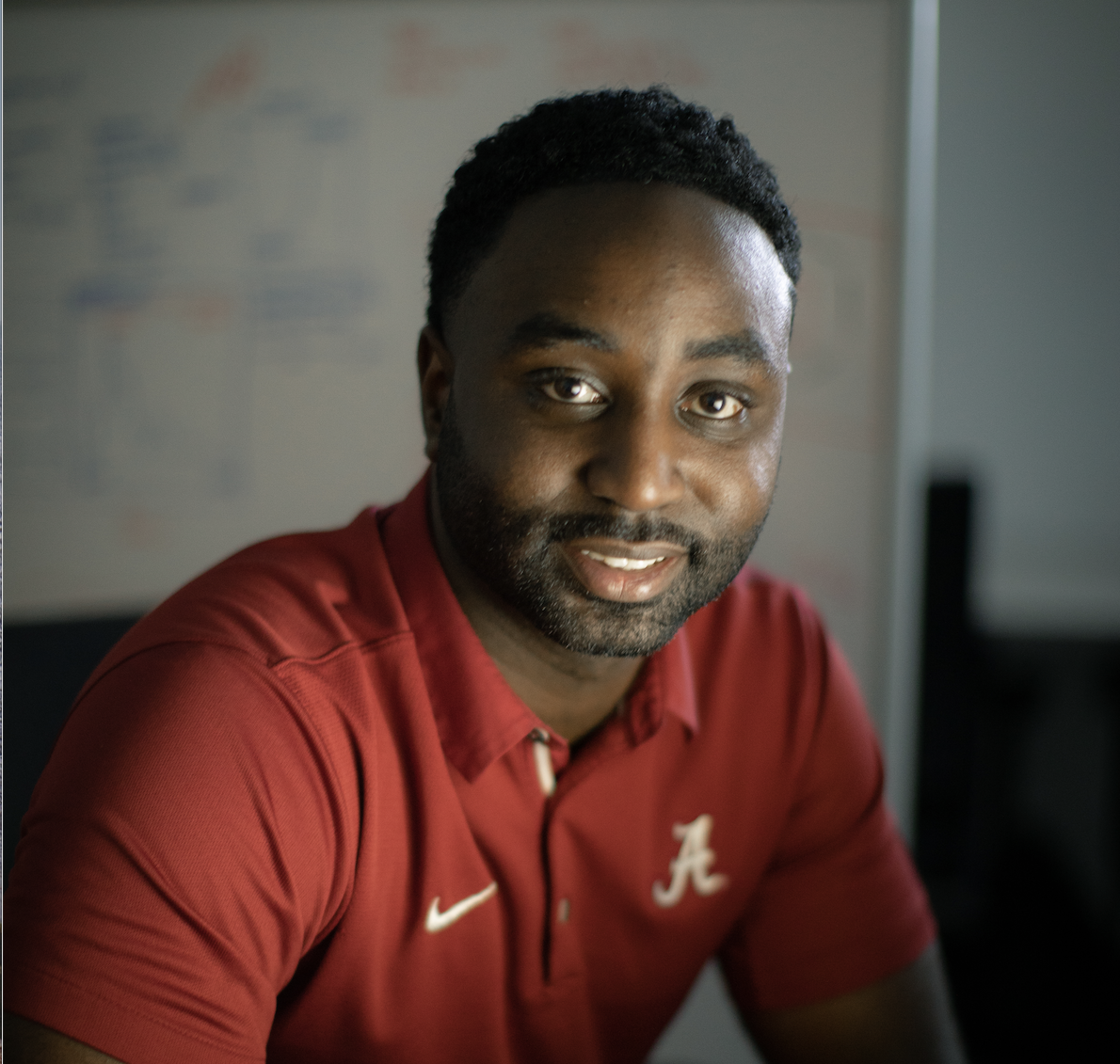
Speaker: Sudeep Tanwar (Nirma University – India)
Date: TBA
Time: TBA (Central Time)
Duration: 1 hour
Room: TBA
Abstract:
The convergence of Blockchain and Artificial Intelligence (AI) promises transformative advancements in the healthcare sector. This integration enhances security, trust, and data management efficiency. Blockchain’s decentralized ledger and AI’s advanced analytics create a robust framework for managing Healthcare environments. This talk discusses opportunities, including improved cybersecurity, efficient healthcare management, and secure operations in Healthcare Applications. Additionally, the talk will address challenges such as high computational demands, latency, interoperability, and standardization. We will discuss opportunities and challenges, providing insights into future research and practical implementations to achieve secure, intelligent, and efficient next-generation Healthcare Applications.
Biography:
Dr. Sudeep Tanwar is working as a full professor at Nirma University, India. He is also a Visiting Professor with Advanced Research Lab, Florida, USA, WSG University, Bydgoszczy, Poland, Jan Wyzykowski University, Poland, and University of Pitesti, Romania. He is a senior member of IEEE and Vice Chair of IEEE Computer Society Gujarat Section, India. He received a B.Tech in 2002 from Kurukshetra University, India, a M.Tech (Honor’s) in 2009 from Guru Gobind Singh Indraprastha University, Delhi, India, and a Ph.D. in 2016 with specialization in Wireless Sensor Network. He has authored 5 books and edited 25 books, more than 450 technical articles, including top-cited journals and conferences, such as IEEE TNSE, IEEE TVT, IEEE TII, IEEE TGCN, IEEE TCSC, IEEE IoTJ, IEEE Networks, IEEE WCM, ICC, IWCMC, GLOBECOM, CITS, and INFOCOM. He initiated the research field of blockchain technology adoption in various verticals in 2017. His research interests include blockchain technology, D2D communication, Deep Learning/machine Learning, wireless sensor networks, fog computing, smart grid, and the IoT. He has served many international conferences as a member of the Organizing Committee, such as the Publication Chair for FTNCT-2020, ICCIC 2020, and WiMob2019, and a General Chair for IC4S 2019, 2020, 2021, 2022, ICCSDF 2020, FTNCT 2021. He is also serving the editorial boards of COMCOM-Elsevier, IJCS-Wiley, Cyber Security and Applications-Elsevier, Frontiers of blockchain, SPY-Wiley, IJMIS journal of Inderscience, JCCE, and JSSS.

Speaker: Chris Crawford (University of Alabama – USA)
Date: TBA
Time: TBA (Central Time)
Duration: 1 hour
Room: TBA
Abstract:
Brain-Computer Interface (BCI) systems convert Central Nervous System (CNS) activity to artificial output that is then used to replace, restore, enhance, supplement, or improve natural CNS output. BCI functions by acquiring brain signals, identifying patterns, and producing actions based on the observed patterns. This process allows users to interact with their environment without having to use their peripheral nerves and muscles. Outputs produced by a BCI system can be used to interact with applications ranging from wheelchairs to video games. In this talk, Dr. Crawford will discuss his physiological computing education research that examines the use of BCI to engage students with STEM. This presentation will also cover his work investigating the integration of block-based programming (similar to scratch) with sensors that measure muscle and brain activity.
Biography:
Dr. Chris Crawford is an Assistant Professor in the Department of Computer Science at the University of Alabama, Tuscaloosa, Alabama. He directs the Human-Technology Interaction Lab (HTIL). His research focuses on human-robot interaction and Brain-Computer Interfaces (BCIs). He has investigated systems that provide computer applications and robots with information about a user’s cognitive state. He previously developed a brain-drone racing system that was featured on over 800 news outlets, including Discovery, USA Today, the New York Times, and Forbes. Along with investigating brain-robot interaction applications, Dr. Crawford also developed Neuroblock, a tool designed to engage K-12 students in neurofeedback applications development. He recently won a NSF CAREER award for his research.


